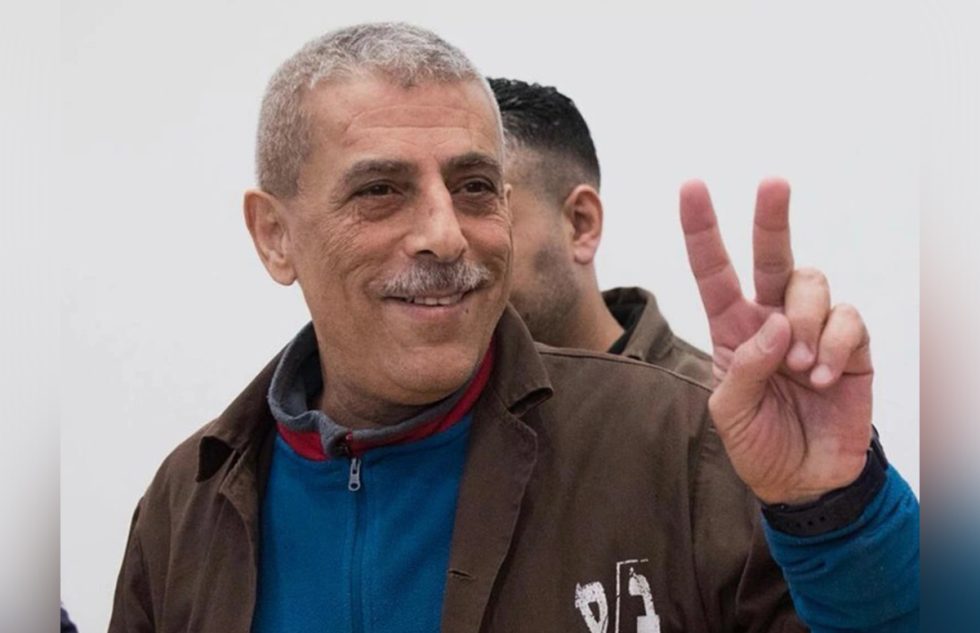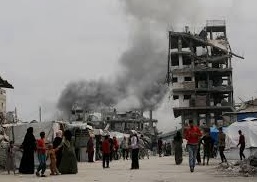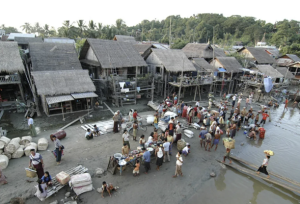Washington, MINA – Amnesty International asked the Israeli occupation authorities to immediately release the sick prisoner, Walid Daqqa.
Director of the Regional Office for the Middle East and North Africa at Amnesty International, Heba Morayef in his report as quoted by PIC on Wednesday said the case of detainee Walid Daqqa (62) highlighted the level of violence the Israeli justice system has in dealing with Palestinians, including those with the most severe disease or those who are dying.
“Walid’s health condition has been aggravated by medical negligence on the part of the Israeli Prison Service. When she suffered a stroke earlier this year, he refused to transfer her to a suitable hospital for 11 days, a delay that led to life-threatening complications, and she now faces the prospect of a painful death behind bars,” the report said.
He vowed that denying detainees access to adequate medical care violates international standards and may amount to torture.
Also Read: Israeli Forces Conduct Overnight Raids, Kidnap Palestinians in West Bank
The organization said Walid Daqqa was serving a 37-year prison sentence, ending his sentence last March. Despite this, he was sentenced to an additional two years in prison in 2018. He is now expected to be released in March 2025, a date which may not be accurate.
It was stated that in 2022, Walid Daqqa was diagnosed with myeloid fibrosis, a rare type of bone marrow cancer. He also suffers from chronic obstructive pulmonary disease, following a delay in his transfer to a hospital by the Israeli prison administration to receive emergency treatment thereafter.
He also had a stroke in February, in addition to suffering from a series of complications, including pneumonia and kidney failure, for which he had to remove a large part of his right lung.
The organization indicated that the UN Standard Minimum Regulations for the Treatment of Prisoners stipulate that prisoners should have access to the same level of health care as the public.
Also Read: 47 Killed in Israeli Strikes on Aid Seekers and Shelters Across Gaza Strip
They must also have the right to get the necessary health services free of charge and without discrimination based on their legal status, he continued. (T/RE1/P2)
Mi’raj News Agency (MINA)
Also Read: 40,000 Palestinians Defy Israeli Restrictions to Pray at Al-Aqsa Mosque






























![MUI Chairman for Foreign Relations and International Cooperation, Sudarnoto Abdul Hakim (center) at the One Million Women for Gaza Press Conference entitled "Women Boycott Pro-Israel Products" held at the Swiss-Belinn Cawang Hotel, East Jakarta, Thursday (3/7/2025). [Photo: Arina/MINA]](https://en.minanews.net/wp-content/uploads/2025/07/20250703_144042-scaled-1-300x225.jpg)




 Mina Indonesia
Mina Indonesia Mina Arabic
Mina Arabic